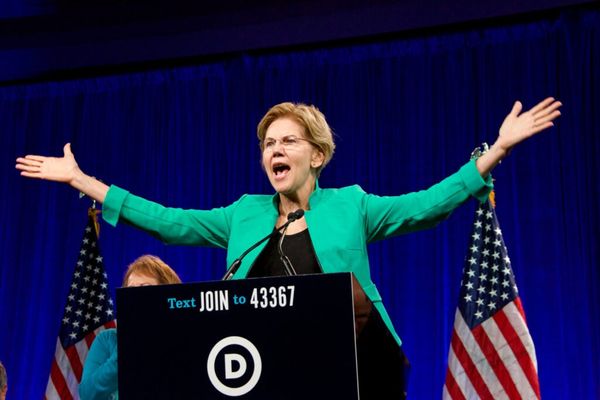
Electric vehicle sales in Australia have overtaken petrol-driven vehicles in the medium-sized car category for the first time on record, according to the peak motoring body.
The announcement on Thursday follows Labor’s release of its EV policy backing new fuel efficiency standards, which the Coalition has cautiously welcomed, in an early sign legislation could be passed with bipartisan support.
The Australian Automobile Association’s EV index revealed that from January to March 2023 7,866 battery electric medium-sized cars were bought in Australia, or 58.3% of sales in the medium-sized category. Internal combustion engines still dominate light vehicle sales in all other categories.
In all categories 17,396 battery electric vehicles were sold in the first quarter, for the first time overtaking sales of conventional petrol hybrids, which numbered 16,101.
Sales of battery electric vehicles were up 49.4% on the previous quarter, with 11,639 sold from October to December.
The association’s managing director, Michael Bradley, said “the shift is on”.
“We encourage political parties to work together to put all Australians in the best possible position to adopt low- and zero-emissions technologies that best suit their lifestyles, household budgets and consumer needs,” Bradley said in a statement.
“We need collaborative national leadership to manage our environmental challenges, maintain consumer choice, and ensure we can sustainably pay for safer and less congested roads.’’
The Greens and independent senator David Pocock have urged Labor to speed up EV uptake, with the Greens leader, Adam Bandt, criticising the lack of targets in the government’s policy, released on Wednesday.
Within the Coalition there is debate about whether to support Labor’s plan so that the government does not need the Senate crossbench to pass climate legislation, as it did for the emissions target and safeguard mechanism bills.
On Thursday the shadow climate change minister, Ted O’Brien, said the opposition supported “next-generation clean technologies including EVs”.
“The Coalition will take the time to study the government’s EV strategy,” he said in a statement. “As always, we will be constructive where we can and critical where we must.
“It’s critical that the government works with the transport sector to reduce emissions, and an increasing uptake of EVs is an important part of the formula.
“Genuine consumer choice for new vehicle and fuel technologies is key. We want to ensure Australian motorists can choose the vehicle that’s right for them – whether that’s electric, hybrid, petrol, diesel or hydrogen.
“We don’t want to see the costs of vehicles go up, nor do we want Australians to be financially disadvantaged based on where they live, what they earn, the work they do or their unique way of life.”
On Wednesday the shadow transport minister, Bridget McKenzie, told Guardian Australia it was “comforting” that there was no element of retrospectivity to Labor’s policy, which will apply the fuel efficiency standards to new vehicles.
But McKenzie said the policy was as a “missed opportunity” to achieve national consistency on road-user charging, urging Labor not to rule out the measure.







